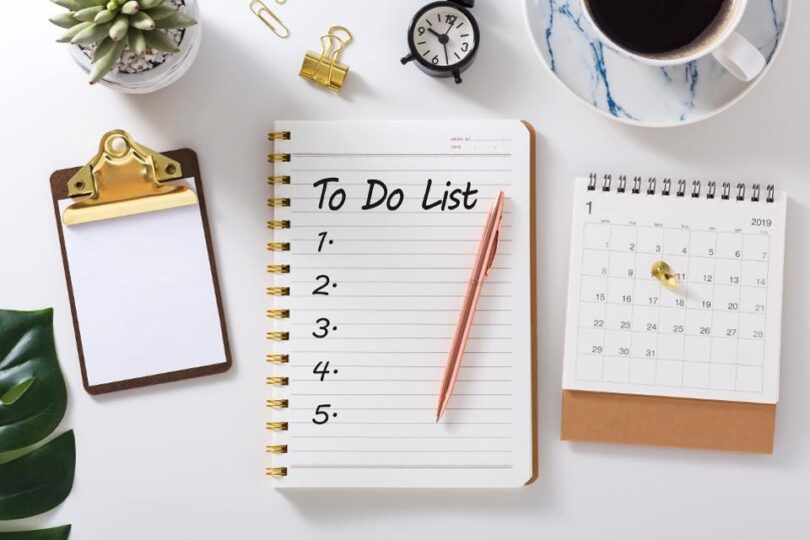Language Learning: Useful Tips to Learn a Language Faster

Image source: lemoptix.com
If there’s one thing that holds true in any scenario, it’s the fact that it’s never harmful to know an extra language or two. However, not many people resort to learning anything extra, except for what they learned when they were in school. And many do, but by doing the wrong things, they end up with an ineffective learning experience.
Well, there are ways that you can learn it faster. And it doesn’t matter whether you’re learning the language with something like Live Lingua, or you’re taking private lessons, these tips can help you get the hang of it much faster, and remember it easier.
Set Clear Goals

The first step towards learning a new one is to set goals that clearly describe what you want to achieve. If you don’t, how do you know what is it you’re trying to achieve, and whether or not you’ve achieved it?
A lot of us will feel overwhelmed when faced with the challenge of learning a new language. With so many words to master, so many ways to do so, setting goals will narrow your focus. You’ll want to focus on specific and tangible outcomes. Make sure your goals are short-term, but yes, it’s still good to have an ultimate goal that you would achieve at the end.
You should always try to challenge yourself, but don’t push it. A goal is supposed to make you push yourself, but if you overdo it, you might end up being discouraged. And last but not least, write down your goals, because this helps you commit to them quite a bit.
Use the Language
When you’re only starting out, using the language for the entire day might seem overwhelming. However, it’s far from being that difficult, and you will find that there are many ways that are easy and fun, and will make it a part of your everyday life.
For example, do something you would normally do in your native one, in the language you’re trying to master. This could be watching videos, or listening to a podcast. Yes, you can’t understand everything if you don’t know the language, but the goal here is to get yourself familiar with the sounds of it. And even if you don’t understand much, you’ll become accustomed to the pace of the language, you’ll learn to understand some common words, and you’ll stay motivated.
(Real Life) Practice Makes Perfect

Learning in real-life situations makes for the best learning, especially when you’re in a situation where you can’t use anything but a foreign language. The easiest way to get some real-life practice is by traveling. Studying abroad is also an option, and you’ll get a lot of opportunities that will have you surrounded by people who speak the one you’re trying to learn. Many of them won’t know your native language, so you’re pretty much forced to use the one you’re trying to learn.
However, you don’t have to travel or study abroad. You can get yourself a practicing partner. Whether that’s one of your friends or someone you pay for their time, this could be very helpful. Joining a conversation club is another option, or you could always volunteer with immigrants that speak the language you’re trying to master. And last but not least, you could visit businesses where people speak your target language primarily.
Test Yourself
If you want to motivate yourself to learn faster, knowing that you’re going to take a test is a good way. When it comes to small tests, you should do them regularly. This is as simple as practice tests at the end of each couple of lessons. Online tests are also available, or you could play online games, too.
Also, a few months or a year after you’ve started learning, you can get a standardized test. This not only shows you how good you are with the new language, but the results can also demonstrate that to potential employers, or schools, which might come in handy.
Learn About Culture

When you’re trying to understand a language, it’s more than just about understanding words on a page. You want to also discover some things about the history and culture that’s associated with the words you’re learning. This can help you a lot when you’re trying to understand what people are saying or doing.
When you begin to learn about culture, you might feel like you’re wasting your time. But even if you’re only reading or watching videos in your own native language, this helps quite a bit. Oh, and it can also prevent you from making mistakes that could be embarrassing, or downright offensive.

 Family Villa Holidays in Corfu: What Actually Matters for a Stress Free Stay
Family Villa Holidays in Corfu: What Actually Matters for a Stress Free Stay  Best Things To Do In Cyprus – Beaches, Nature, Boat Trips, Food, Culture, And Family Activities
Best Things To Do In Cyprus – Beaches, Nature, Boat Trips, Food, Culture, And Family Activities  Neuschwanstein Castle From Munich Day Trip Guide
Neuschwanstein Castle From Munich Day Trip Guide  Oxford ─ England’s City of Dreaming Spires
Oxford ─ England’s City of Dreaming Spires  8 Best Budget-Friendly Wellness Resorts in Europe 2025
8 Best Budget-Friendly Wellness Resorts in Europe 2025  What Art Lovers Should See First When Visiting Munich’s Cultural Core
What Art Lovers Should See First When Visiting Munich’s Cultural Core  Why Online Casinos Have Become a Go-To for Travelers
Why Online Casinos Have Become a Go-To for Travelers  Finding Solitude in the Wild Remote Camping in Undiscovered Gems Across 7 US States
Finding Solitude in the Wild Remote Camping in Undiscovered Gems Across 7 US States